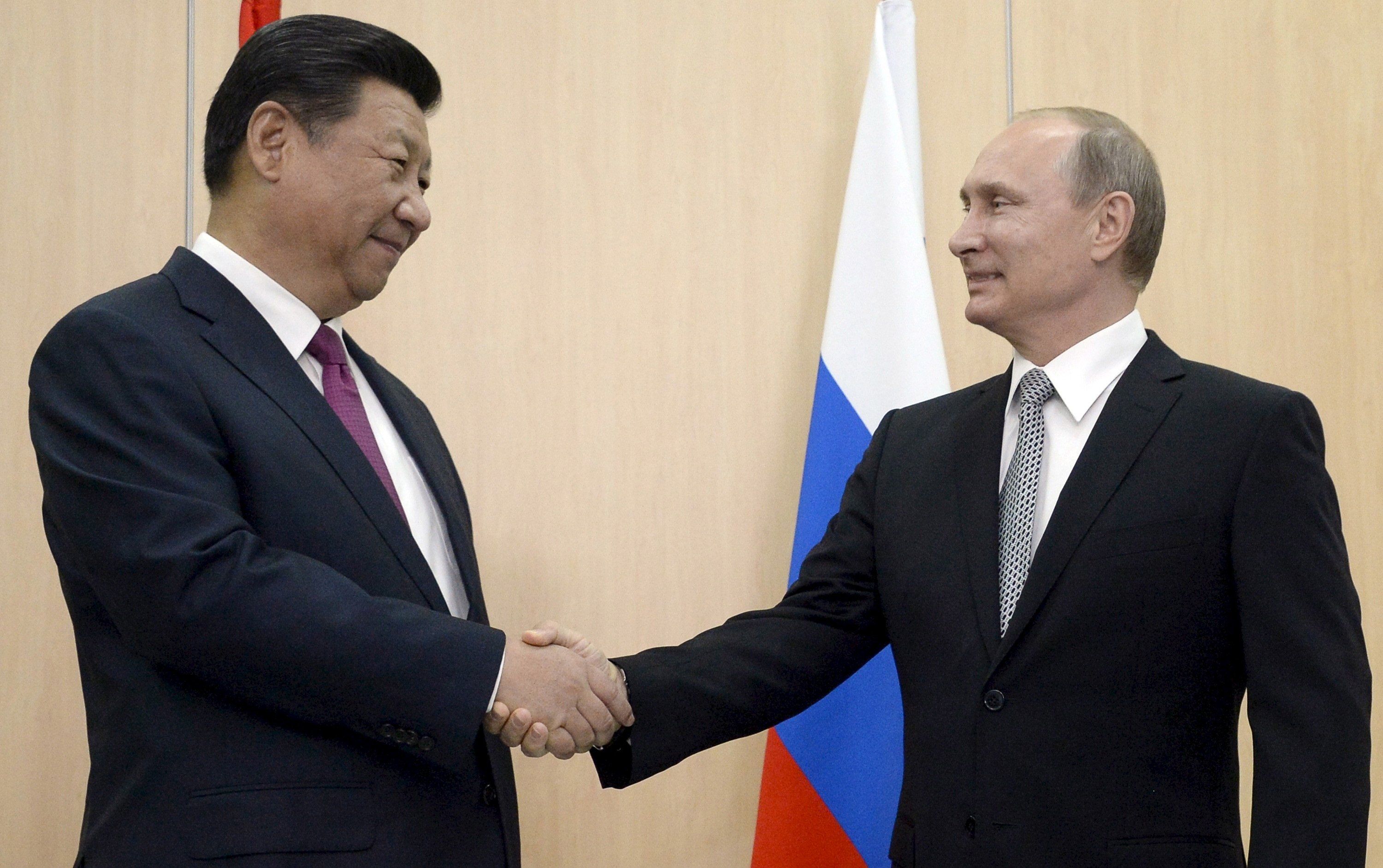In public, there are “no limits” to the old and dear friendship between China’s Xi Jinping and Russia’s Vladimir Putin, two leaders with a common distaste for an international system dominated by Western-led political and economic institutions. But China’s economy and population were 10 times the size of Russia’s before Russia invaded Ukraine, and the mess that war has created for Putin leaves Moscow even more deeply dependent on Beijing.
That’s the clearest explanation for the failure (so far) of China and Russia to agree on a plan to build the “Power of Siberia 2” gas pipeline, a project that would deepen their economic interdependence. Aware the Ukraine war has cost Russia its European energy customers, according to a new report in the Financial Times, China is reportedly demanding a price per unit of Russian gas that’s even more steeply discounted than the price China already pays for it, which is less than half the price Europe paid before the invasion. China is also refusing to commit to purchase more than a small fraction of the pipeline’s capacity.
The two sides may one day agree on a deal to build this pipeline. But the terms of that agreement will reflect the reality that Russia’s near-term need for cash is far greater and more urgent than China’s immediate need for Russian gas.
